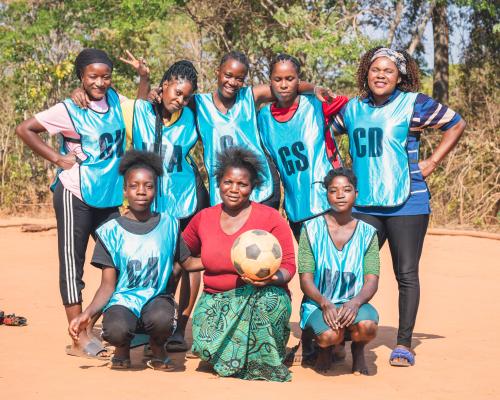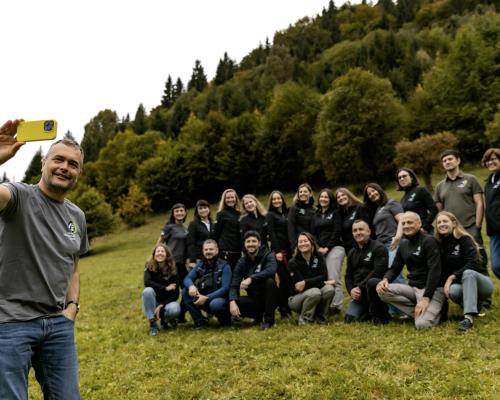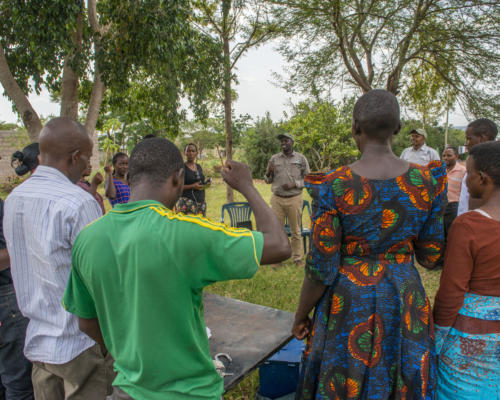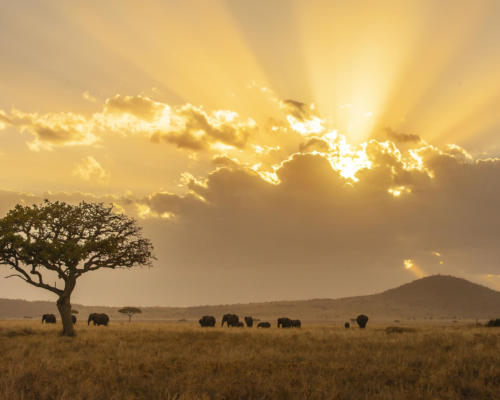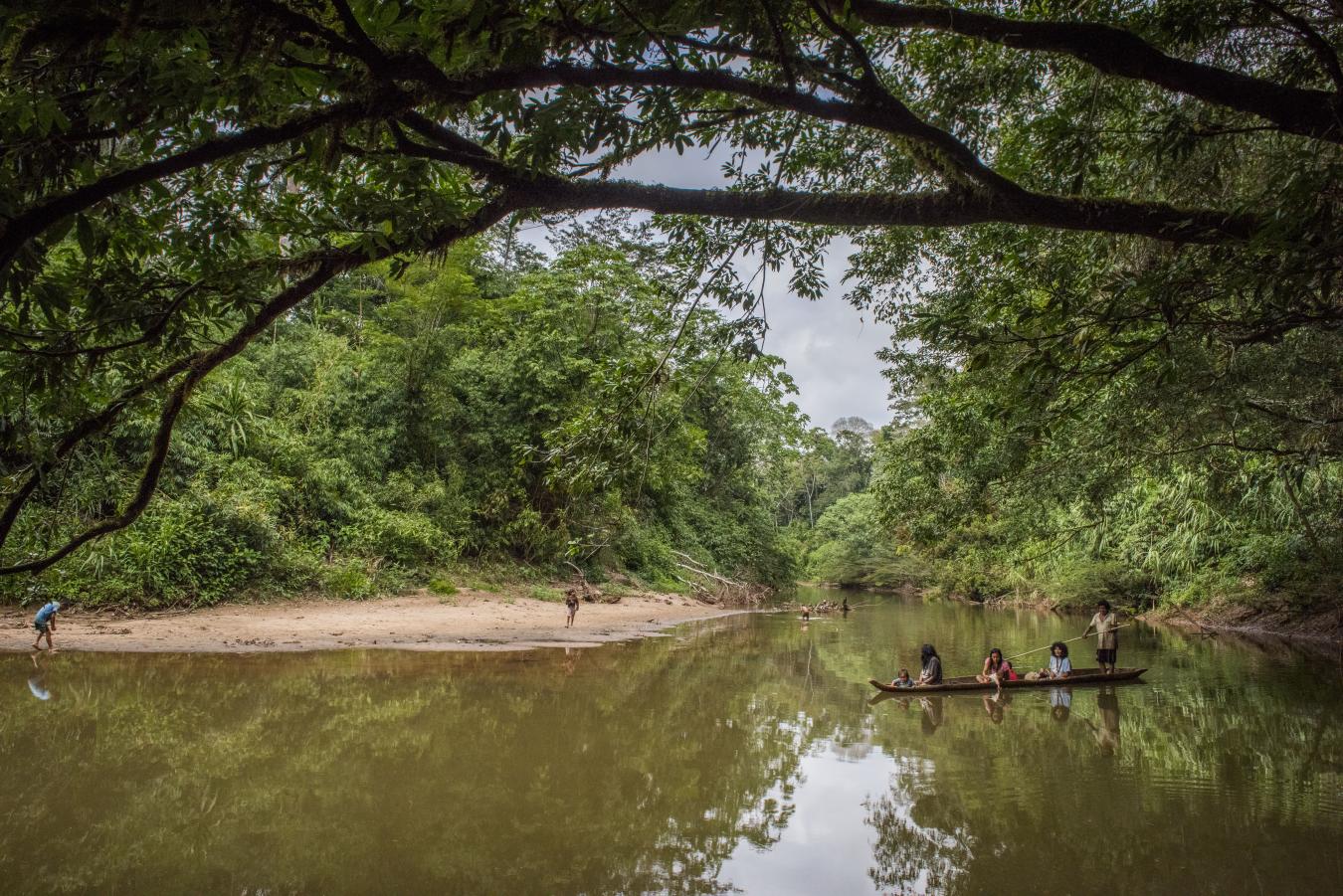
We collaborate with Indigenous Peoples and Local Communities (IPLC) to conserve biodiverse landscapes more effectively and inclusively by valuing traditional cultures and knowledge. We are committed to supporting IPLC rights, cultures and sustainable livelihoods and to protecting natural resources for the future generations.
FZS strives to ensure that its actions are consistent with international standards and, as a partner in government-driven conservation initiatives, commits to using leverage to ensure that IPLCs are meaningfully engaged, through free, prior and informed consent processes, in decisions that impact them.
Our global policies provide the framework for our continuing commitment to respecting and promoting human rights and biodiversity conservation.
The pursuit of conservation objectives can contribute positively to the realisation of fundamental human rights. Initiatives to conserve nature and biocultural diversity are closely related to securing the rights of IPLCs to self-determination, sustainable livelihoods and cultures, dignity and healthy environments. Securing rights such as IPLCs collective land tenure and participation in decision-making enable more effective environmental governance.
In recognition of these links, we adopt a conservation and human rights framework, committing to uphold a set of principles and to put in practice implementation measures, including relevant policies, guidelines, enhanced implementation capacity and appropriate accountability mechanisms.
Download:
English
FZS recognises the value and the need to work with IPLCs in efforts to conserve globally important biodiversity and ecosystem services, and that IPLCs are allies in safeguarding and protecting nature. The policy provides a framework for working with IPLCs whose livelihoods and identities are intrinsically linked to nature, based on respect for their rights, equitable and fair distribution of conservation benefits and participatory engagement and consultation.
Download:
English
FZS takes the view that conservation goals are rarely incompatible with sustainable practices, values, ways of living, and worldviews of Indigenous Peoples and local communities (IPLCs). However, we also acknowledge that the conservation of biodiverse resources entails limitations on use and access, which can disproportionately affect them. Projects undertaken or supported by FZS will aim to promote positive measures for harmonising conservation activities with respect for IPLC human rights.
As a non-government organisation, FZS does not have authority over decisions or policies regarding the restriction of access to and use of natural resources or displacement of people for environmental conservation. Yet, we commit to using leverage to ensure that adverse impacts on IPLCs’ land rights are avoided or minimised, that they are consulted through a free, prior and informed consent (FPIC) process and that their standard of living and realisation of rights are improved.
Download: English






